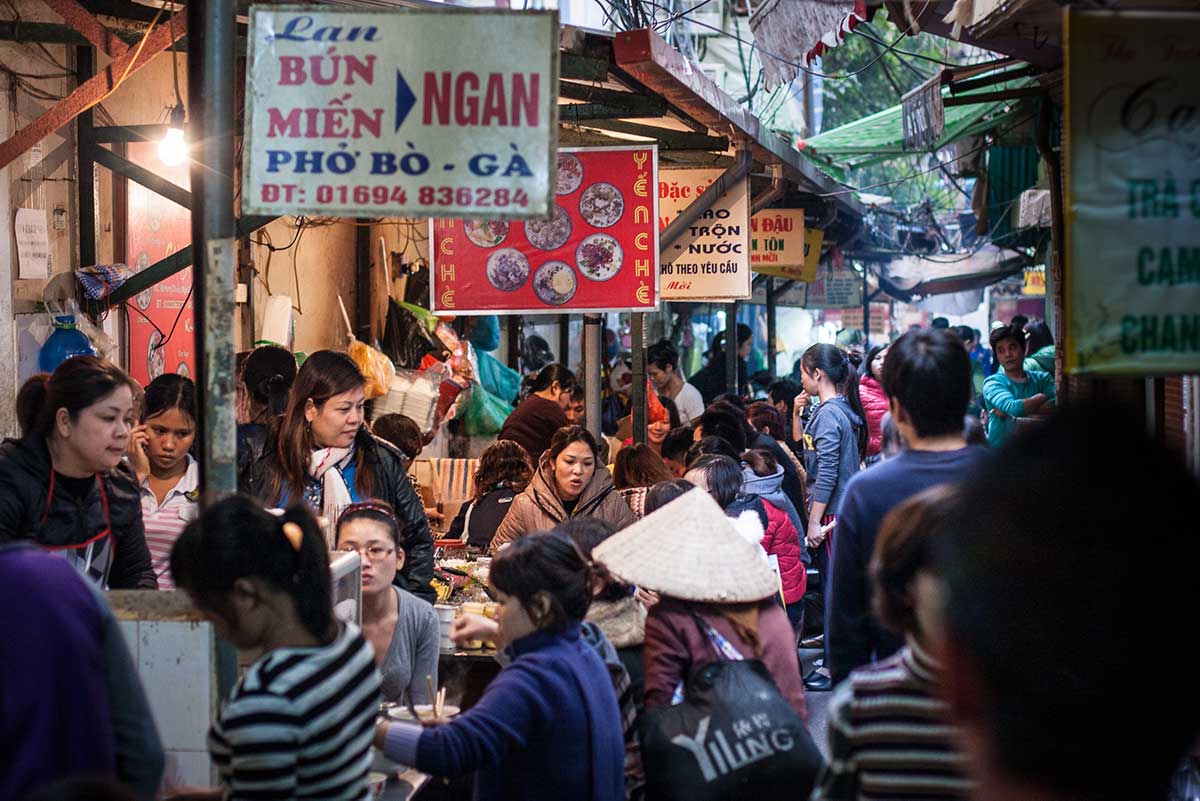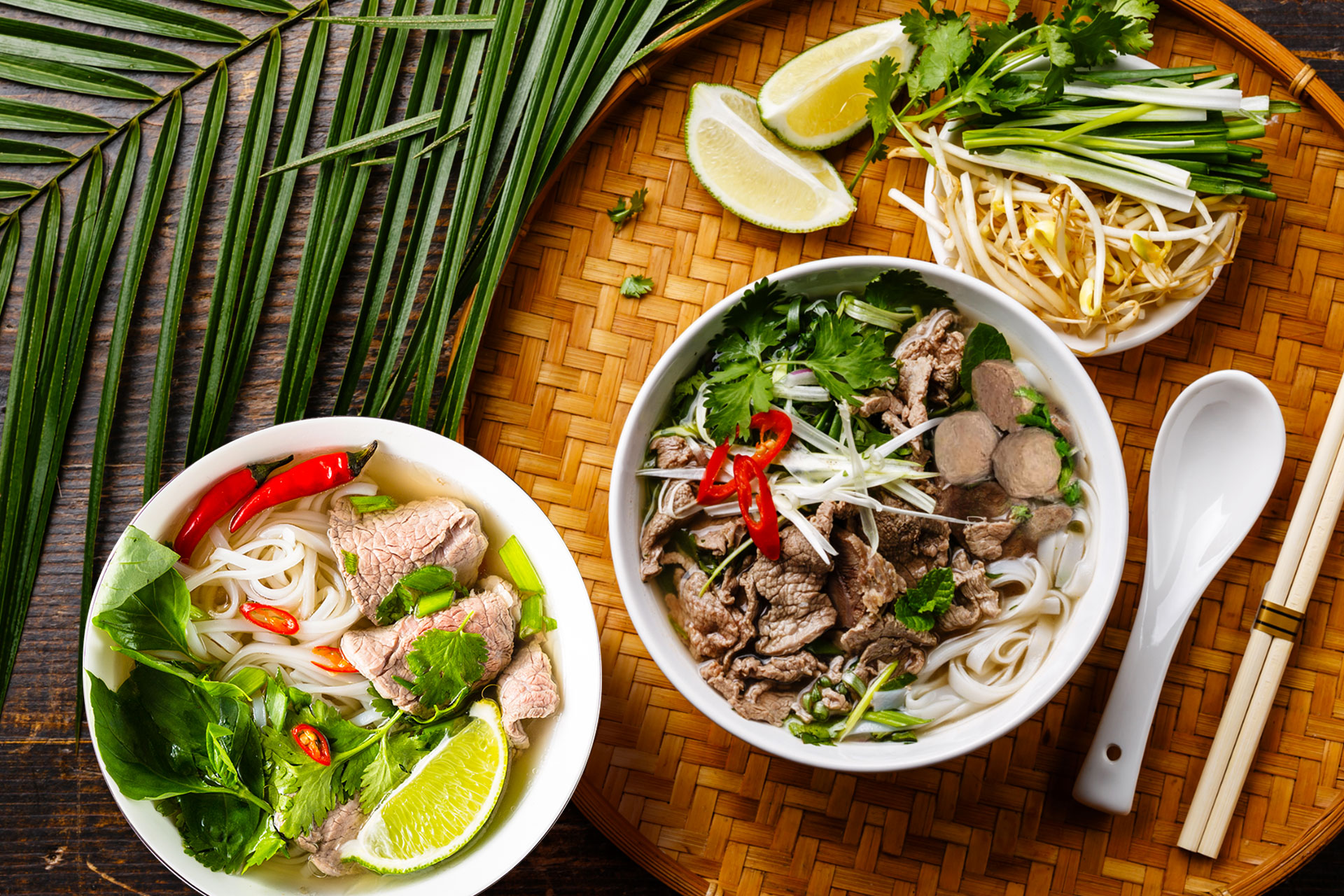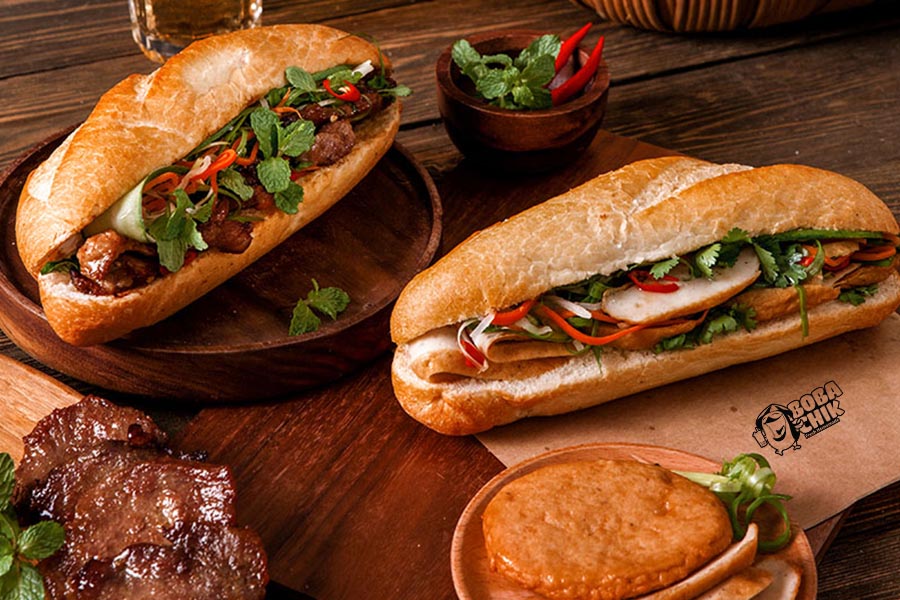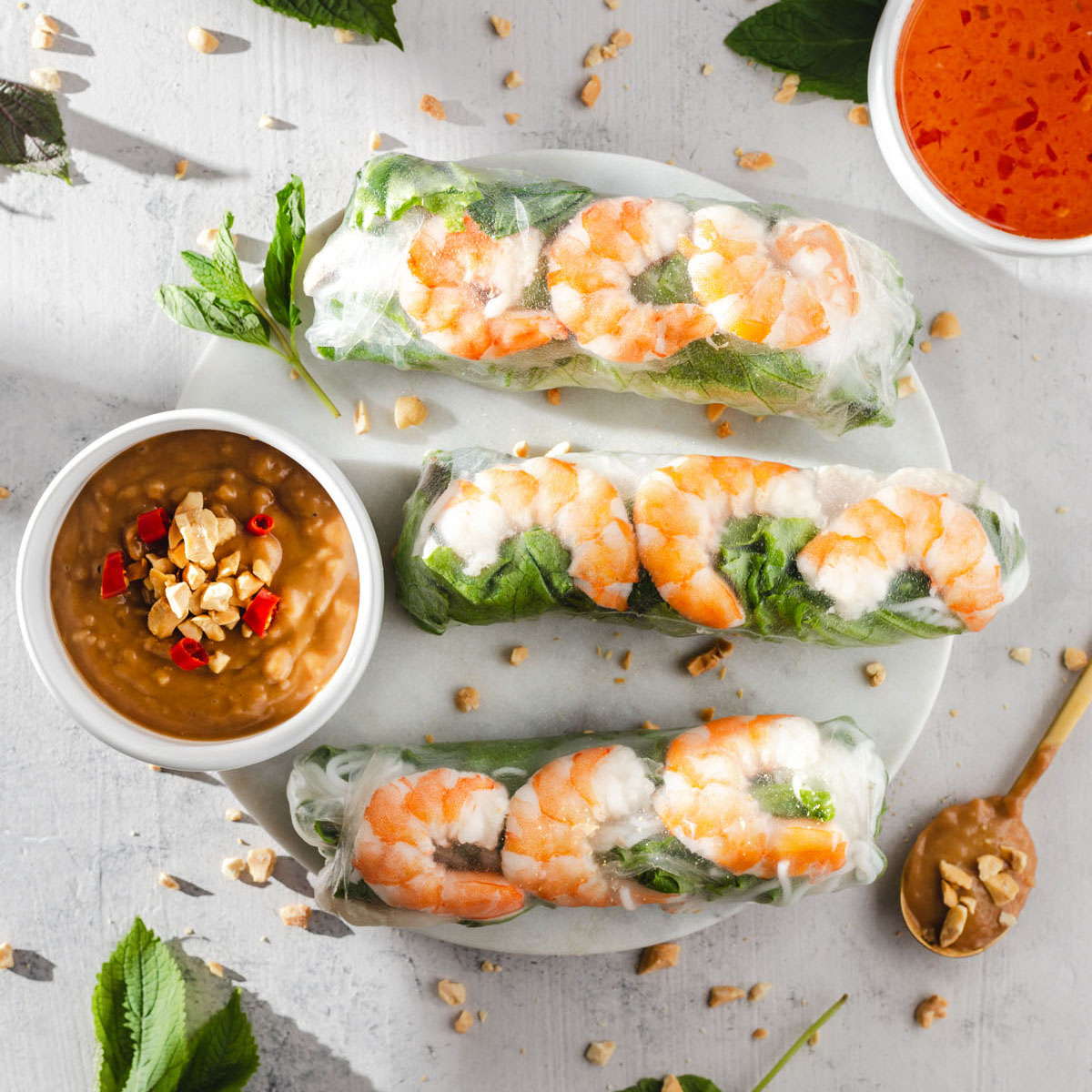
Vietnamese Street Food: A Global Palate’s Perspective on the Best in Town
Vietnamese street food is a tasty and popular part of Vietnamese culture. Vietnamese street food has a rich history. It comes from different regions and has unique flavors. The food is a big part of Vietnamese culture, bringing people together. People all around the world love it! In this article, we’ll dive into the history, dishes, and culture of Vietnamese street food.
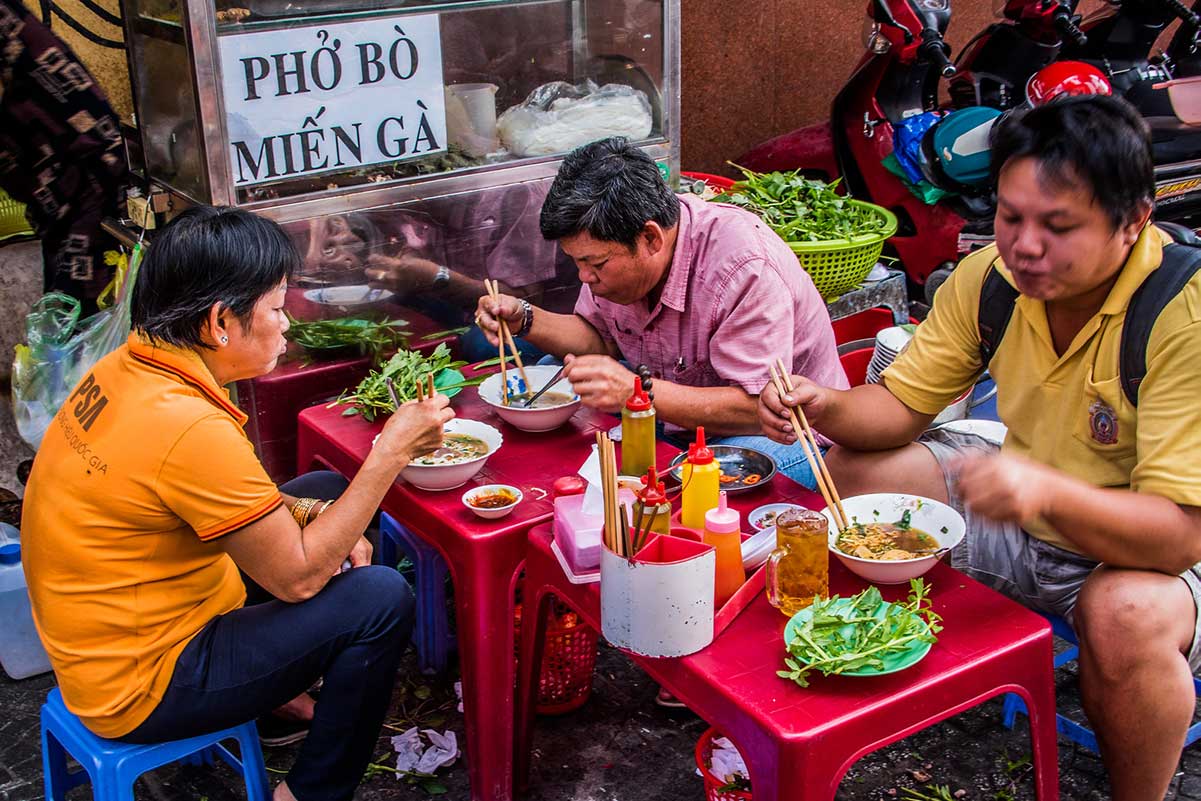
History and Cultural context of Vietnamese street food
Origins of Vietnamese Street Food
Vietnamese street food is not just about delicious dishes; it’s a journey through time. The roots of this culinary adventure can be traced back to the bustling streets of Vietnam’s past. Street food wasn’t always about fancy restaurants; it began as a simple and convenient way for people to enjoy tasty meals on the go.
In the early days, street vendors set up makeshift stalls, offering quick and affordable bites to locals. These vendors played a crucial role in providing sustenance and building the foundation of what we now know as Vietnamese street food.
Influence of Regional Cuisines
One of the fascinating aspects of Vietnamese street food is its diversity, thanks to the influence of regional cuisines. Vietnam is a country with distinct regions, each contributing its unique flavors and techniques to the vibrant tapestry of street food.
From the northern regions, where the climate is cooler, you’ll find heartwarming noodle soups like Pho. As you travel south, the dishes transform, incorporating more herbs, spices, and fresh ingredients. The influence of regional cuisines adds a dynamic element to Vietnamese street food, ensuring there’s always something new and exciting to discover.
Cultural and Social Aspects of Vietnamese Street Food
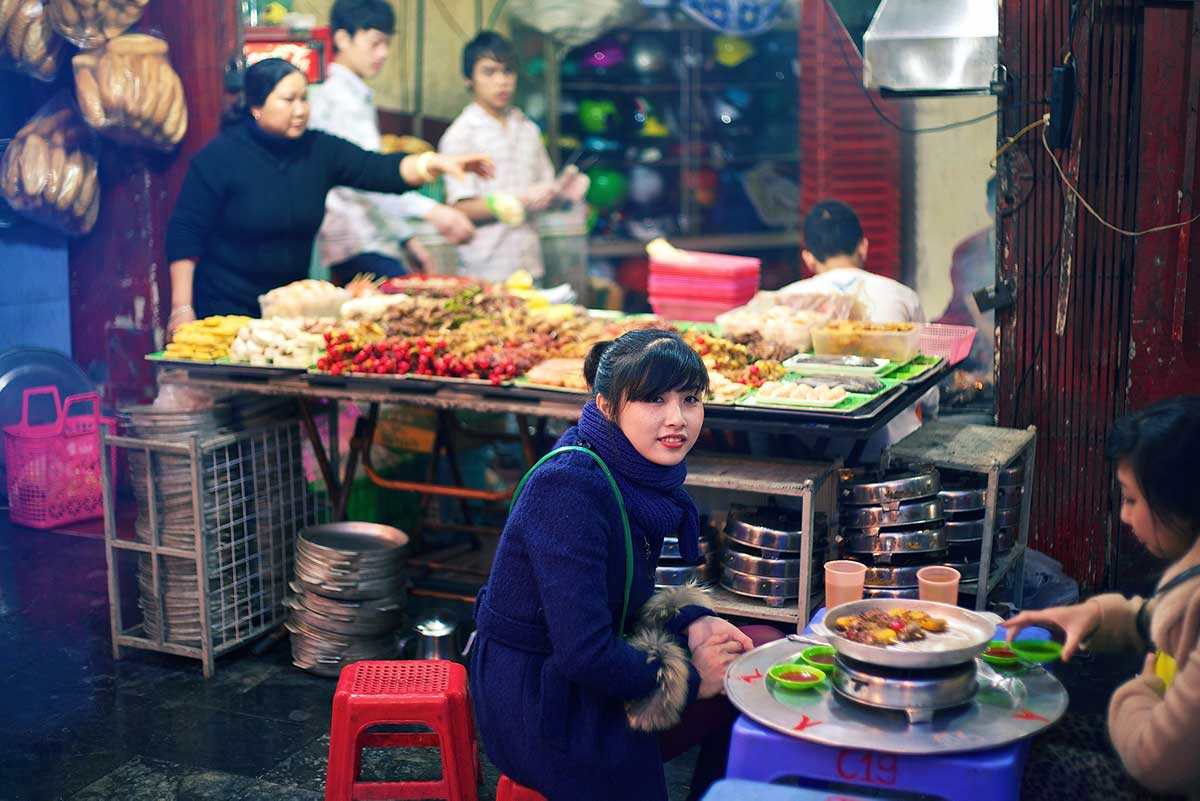
Vietnamese street food is not just a culinary delight; it’s deeply woven into the fabric of Vietnamese culture and society. The streets become a lively stage where food vendors showcase their skills, and locals and tourists alike gather to indulge in flavorful experiences.
Street food is not merely about satisfying hunger; it’s a social event. Families, friends, and even strangers come together at street stalls, sharing stories and laughter over a bowl of noodles or a crispy Bánh Mì. The communal aspect of street food fosters a sense of unity and belonging, making it a cherished tradition in Vietnamese culture.
Moreover, street food is a window into the daily lives of the Vietnamese people. It reflects their resilience, resourcefulness, and creativity, turning simple ingredients into culinary masterpieces that tell stories of generations past.
In conclusion, the origins of Vietnamese street food are deeply rooted in history, with influences from diverse regional cuisines. The cultural and social aspects surrounding street food add layers of richness to this culinary tradition, making it a fascinating and integral part of Vietnam’s identity.
See also:
Top 5 Hotels in Vietnam ranged by big cities
All about Vietnamese new year – Tet Nguyen Dan 2024
Top 5 Vietnamese Street Food
